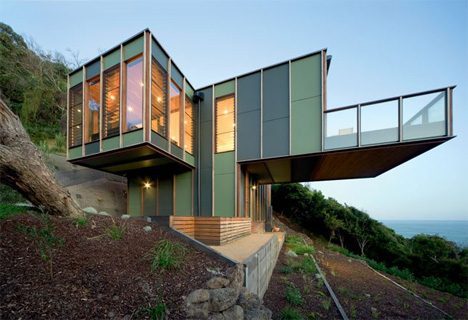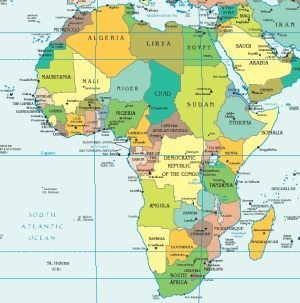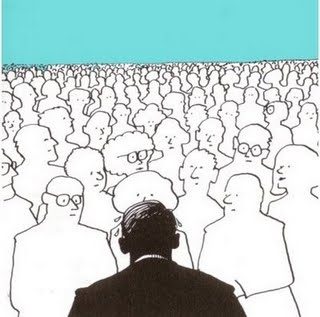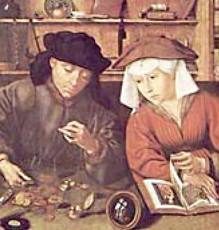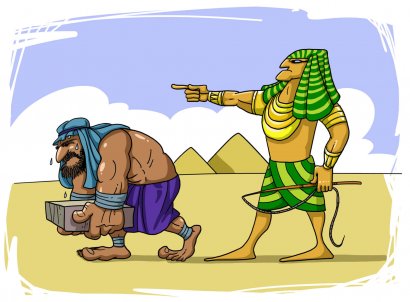 The Physiocracy, also called PhysiocratismIt is an economic system typical of the eighteenth century that stood out for attributing exclusively to nature the origin of wealth, considering agriculture the main economic activity and its producer.
The Physiocracy, also called PhysiocratismIt is an economic system typical of the eighteenth century that stood out for attributing exclusively to nature the origin of wealth, considering agriculture the main economic activity and its producer.
Economic system born in France in the 18th century, which is based on agriculture as a promoter of wealth
Likewise, the Physiocracy is designated as school of economic thought, founded in France in the 18th century by French economists: Anne Robert Jacques Turgot, Baron de Laune, François Quesnay and Pierre Samuel du Pont de Nemours.
Proposes minimal state intervention
According to this school, the good economic functioning of a nation would be guaranteed without the intervention of any government and if it is strictly based on agriculture, because according to these thinkers, only in agricultural activities nature makes it possible for the product obtained to be greater than the inputs used in the production process, thus producing an economic surplus.
That essential role that they attributed to agriculture was not capricious, nor was the contempt they felt for commerce and industry, since they considered that both activities only provided the distribution of wealth.
On the other hand, we cannot avoid that the Industrial Revolution had not happened and then the potential of the industry in the economic progress of the society was not yet proven.
And finally, agriculture was revalued because it was considered an activity that linked man with nature, with his environment, and this idea of association with nature had begun to expand and settle in the France of those times.
The physiocracy, directly, considered sterile proposals such as manufacturing and commerce, in which the seizure would be insufficient to replace the inputs used.
It should be noted that the system proposed by the Physiocracy is summarized in the concept of laissez faire, popular French expression that refers let go, let go, expressing the complete freedom of the economyIn other words, free market, free manufacturing, low or no taxes, free labor market, minimal government intervention.
It is opposed to the prevailing commercialism and arises within the framework of the Enlightenment movement that precisely promotes
The main cause for which the physiocracy arises is as an intellectual reaction to the prevailing political-economic conception that it commanded: mercantilist and interventionist.
Mercantilism sustained and supported state intervention in economic matters, for example accepting and promoting the existence of a monopoly in some activities.
Physiocrats, as those who profess their attachment to Physiocracy are called, believe that the participation of intermediaries in the stages of the process of production and distribution of goods threatens the level of prosperity and economic production.
And the other fundamental leg of physiocratic thought is the belief that the wealth of a nation comes absolutely from its own production capacity and not from the wealth accumulated at the behest of international trade.
It is not by chance that this system of ideas developed in the 18th century, a century in which many changes occurred in various orders of life and society, without going any further, the Enlightenment movement has taken place. in France at this time and of course the economy could not be a theme that was left out of the renovations that this proposal brought in the different aspects of life in society.
The Enlightenment marked a profound intellectual renewal and brought new ideas that could be seen in all areas, one of them being the physiocracy.
Antecedent of liberalism
On the other hand, and as a consequence of that flag that the physiocracy knew how to raise in favor of state non-intervention in economic matters, in the idea of progress of humanity, that is, in its trust in man, for this to happen is that This system is considered as an antecedent of liberalism and neoliberalism, two economic currents that would emerge a few years later but that would intersect and coincide on many points.
As we know, liberalism is in favor of the minimum intervention of the state in the economy, absolute defense of private property and individual freedoms.

